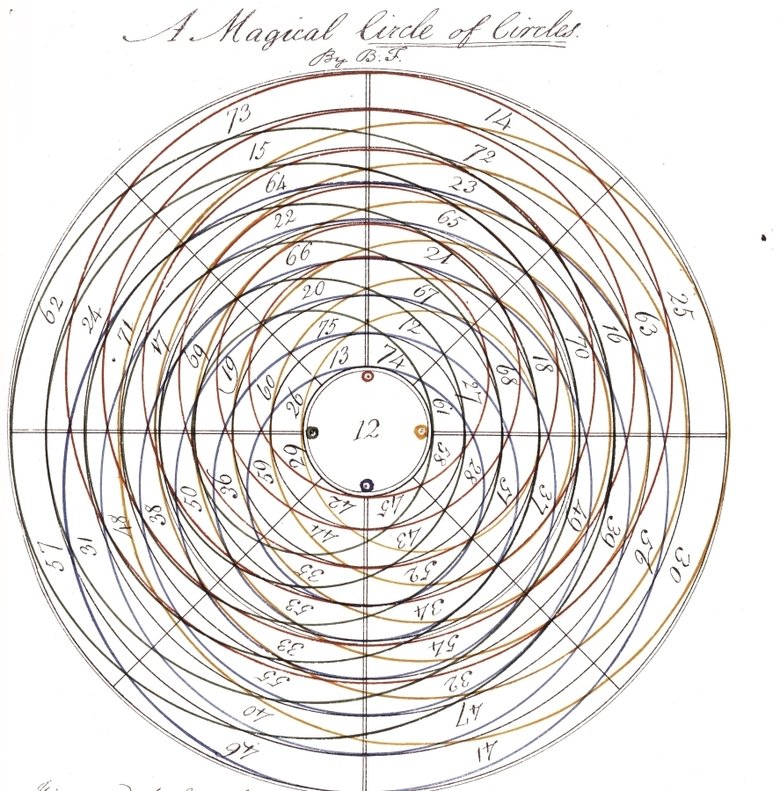What will mathematics education look like in 2030? What will be taught and how will teaching change?

The Society’s Vision for science and mathematics education
The Royal Society’s 2014 Vision for science and mathematics education set out its ideas for what needs to change within the education sector to enable young people to develop the skills and expertise needed to empower and equip them in the future.
Mathematics is key to Vision’s success, underpinning study and work in a variety of disciplines and sectors. Vision’s recommendations include: ‘Develop rigorous new post-16 courses and qualifications in science, technology, engineering and mathematics (STEM) to engage students who are studying non-STEM subjects at school or who are training in the workplace, ensuring these meet the changing needs of employers.’
Signals, pathways, and skills
The needs of employers should be well matched to the development of skills within schools and colleges, enabling today’s students to be effective employees in the future. Everyone needs a base of quantitative and mathematical skills whether they are planning to work in industry, continue advanced mathematical studies, or teach future generations of young people.
We contribute to this skills development through a work plan that explores new fields, considers solutions to current problems, convenes and engages stakeholders, and advises government.
- Clearer signalling: Our work will bring academia and industry together to create a step change in the type of information schools and young people receive about the mathematical and quantitative skills they need to acquire for the future.
- Appropriate pathways: We realise that there are various routes through which young people learn and develop and will be working with partners to ensure that all pathways include an element of mathematics that is appropriate to the qualification the person is working towards.
- Skills for future careers: The fields of computing and data science are increasingly integral to workforce development and we are exploring how education is responding to meet this demand.
Teaching
As Professor Tom McLeish, Chair of our Education Committee, and I wrote to the Times today, the recent NfER report on science and mathematics teachers leaving the profession is worrying. We do not have enough specialist teachers in our schools. If we want to keep our teachers, we need a supportive environment where external assessment and performance measures benefit both teachers and students.
We need high quality training and mentoring, especially in the early years of a teacher’s career. We need to provide regular subject-specific professional development opportunities throughout teachers’ careers and we need to all value our teachers more.
Get involved
We are interested in hearing from individuals across disciplines and sectors who want to be involved in shaping the Society’s work on mathematics education.
To keep up to date with our work on mathematics education, please sign up to receive email updates.
If you are in a school or college, please consider joining our Associate Schools and Colleges network.
